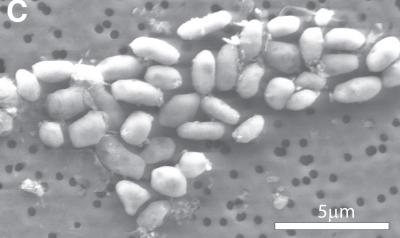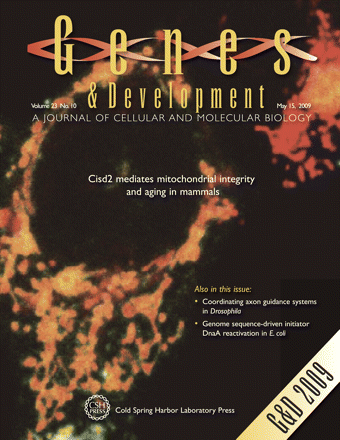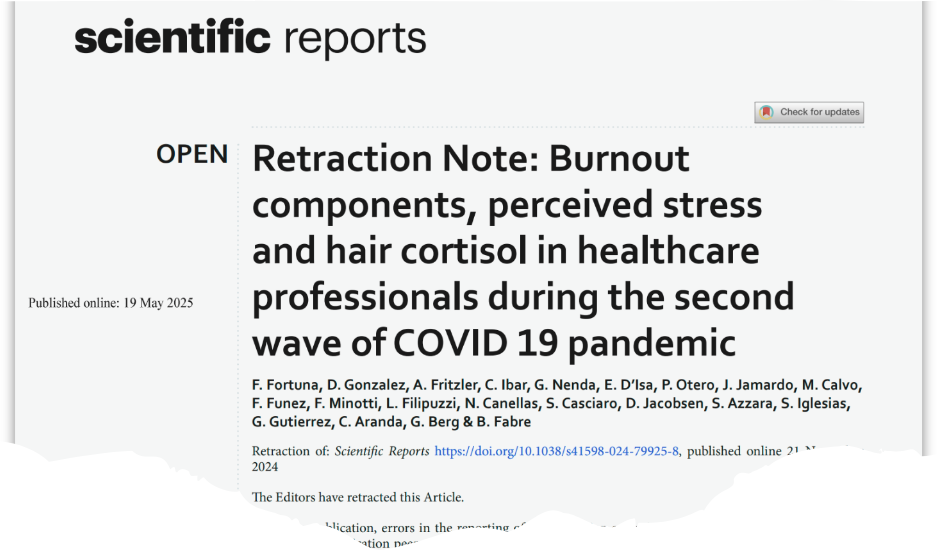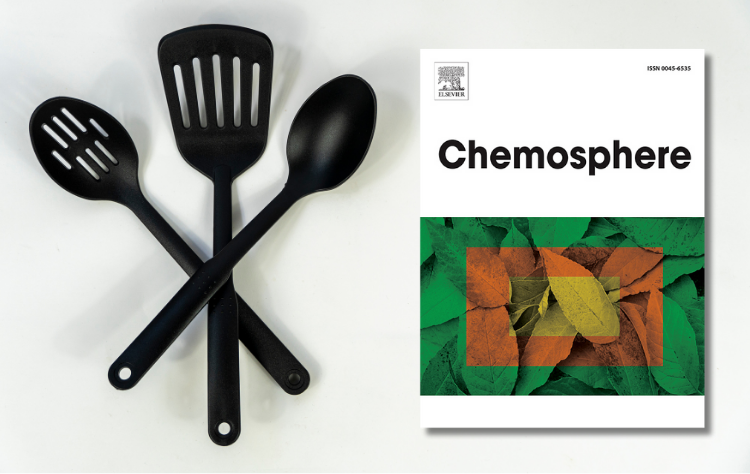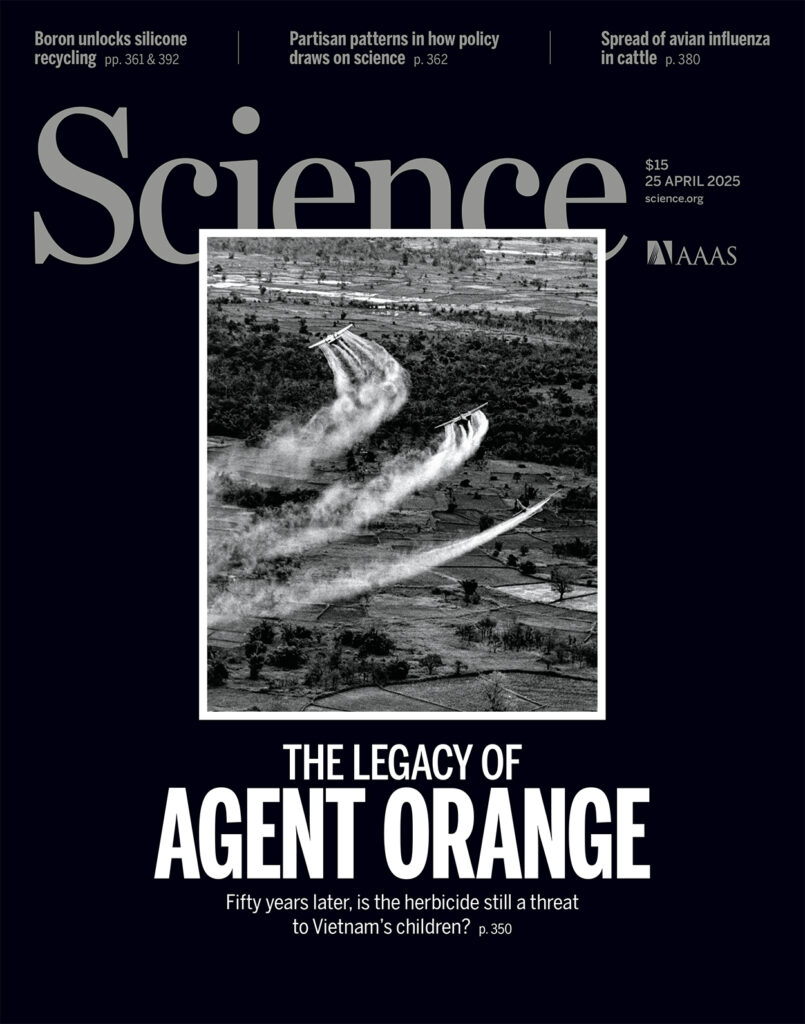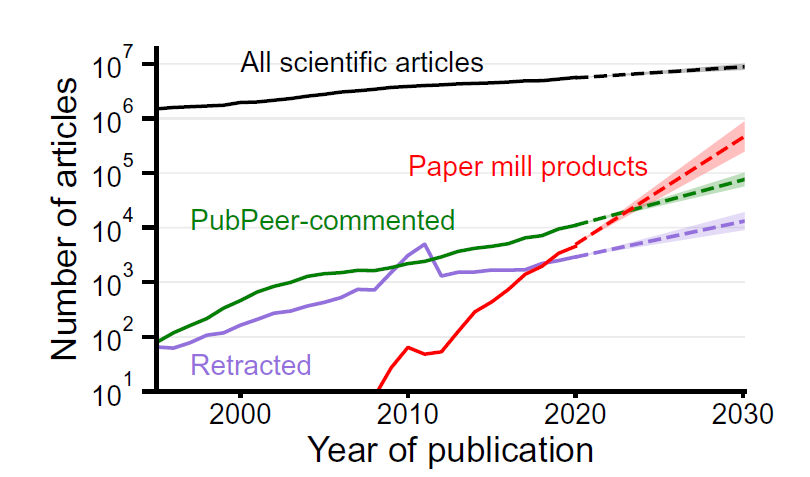
Systematic research fraud has outpaced corrective measures and will only keep accelerating, according to a study of problematic publishing practices and the networks that fuel them.
The study, published August 4 in Proceedings of the National Academy of Sciences, examined research fraud carried out by paper mills, brokers and predatory publishers. By producing low quality or fabricated research, selling authorship and publishing without adequate quality control and peer review, respectively, these three groups were well known to produce a large volume of fraudulent research.
“This is a great paper showing how much fraud there is in the scientific literature. The paper also looks at different methods on how to detect problematic papers, networks and editors,” Anna Abalkina, a researcher at Freie Universität Berlin and creator of the Retraction Watch Hijacked Journal Checker, said.
Continue reading Fighting coordinated publication fraud is like ‘emptying an overflowing bathtub with a spoon,’ study coauthor says
